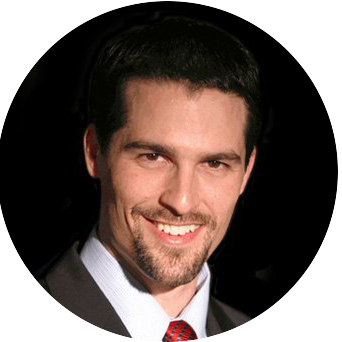
Your retirement may seem near at hand or far away, but one thing is certain: your future will differ from your present.
Financially, that fact is worth remembering. Some of the costs you have paid regularly all these years may suddenly decrease or fade away. Others may increase.
Will your insurance costs rise with age? Maybe not. You may find that your overall insurance expenses decline. Yes, health insurance becomes more expensive the older you get – but those premiums are merely part of the bigger insurance coverage picture. If you stop working in retirement, you have no need for disability insurance. You might have little need for life insurance, for that matter. You may have paid off your home and other major debts, and rather than drawing income from work, you will be drawing it from investments and Social Security.
You can expect your medical expenses to increase. By how much, exactly? That will vary per household, but perhaps you have read some of the latest estimates. This summer, Fidelity Investments said that a 65-year-old couple retiring today will need around $260,000 to cover future health care costs. This estimate assumes they live 20-22 years after they retire. Long-term care coverage was not included in that projection; Fidelity projects that a policy providing three years of care at $8,000 a month would cost the same couple an extra $130,000.
How about your income taxes? If you live on 70-80% of your end salary in retirement – which is not unusual – then you may find yourself in a lower income tax bracket. Yes, your Social Security income may be taxed – but, even in the worst-case scenario, no more than 85% of it will be.
If you have invested using a Roth IRA, you will be looking at some tax-free retirement income – provided, of course, you have owned the IRA for at least five years and are older than 59½ when you start making withdrawals. While a Roth account held in a workplace retirement plan requires withdrawals beginning at age 70½, the withdrawals will still be tax-free if you follow IRS rules.
Will your housing costs fall? Over the long term, they may. Some retirees own their homes free and clear and others nearly do. Homeowner association fees and property taxes must still be paid, so, while that mortgage balance may be gone or nearly gone, other recurring costs will remain.
Homes inevitably need repairs, so, in some random year, you may find your housing costs jumping. Downsizing and moving into a smaller home can also mean a short-term rise in your housing expenses. If you do downsize and move, you will hopefully relocate to an area where housing costs are lower.
Will you face education costs? You may have retired your own college debt, but if you have children forty or fifty years younger than you are, you could risk retiring with some of their student loan debt on your hands. That expense could linger into your retirement – a valid reason to reject assuming it in the first place.
One “cost” may disappear, leaving you with a little more money each month. Once retired, your constant per-paycheck need to save for retirement vanishes. So if you are assigning 10% or 20% of your paychecks to your retirement accounts, you may be pleasantly surprised to find that money back in your wallet (so to speak) after you transition into your “second act.”

About the Retirement Financial Advisor
Robert Pagliarini, PhD, CFP® is passionate about helping retirees build the retirement of their dreams. He has nearly three decades of experience as a retirement financial advisor and holds a Ph.D. in retirement planning. In addition, he is a CFP® Ambassador, one of only 50 in the country, and a fiduciary. His focus is on how to help make retirement portfolios last decades while providing a steady source of income. When he's not helping people plan their retirement, he might be traveling or writing his latest book. If you would like a second opinion to see if your retirement financial plan will keep you comfortable and secure, contact Robert today.



